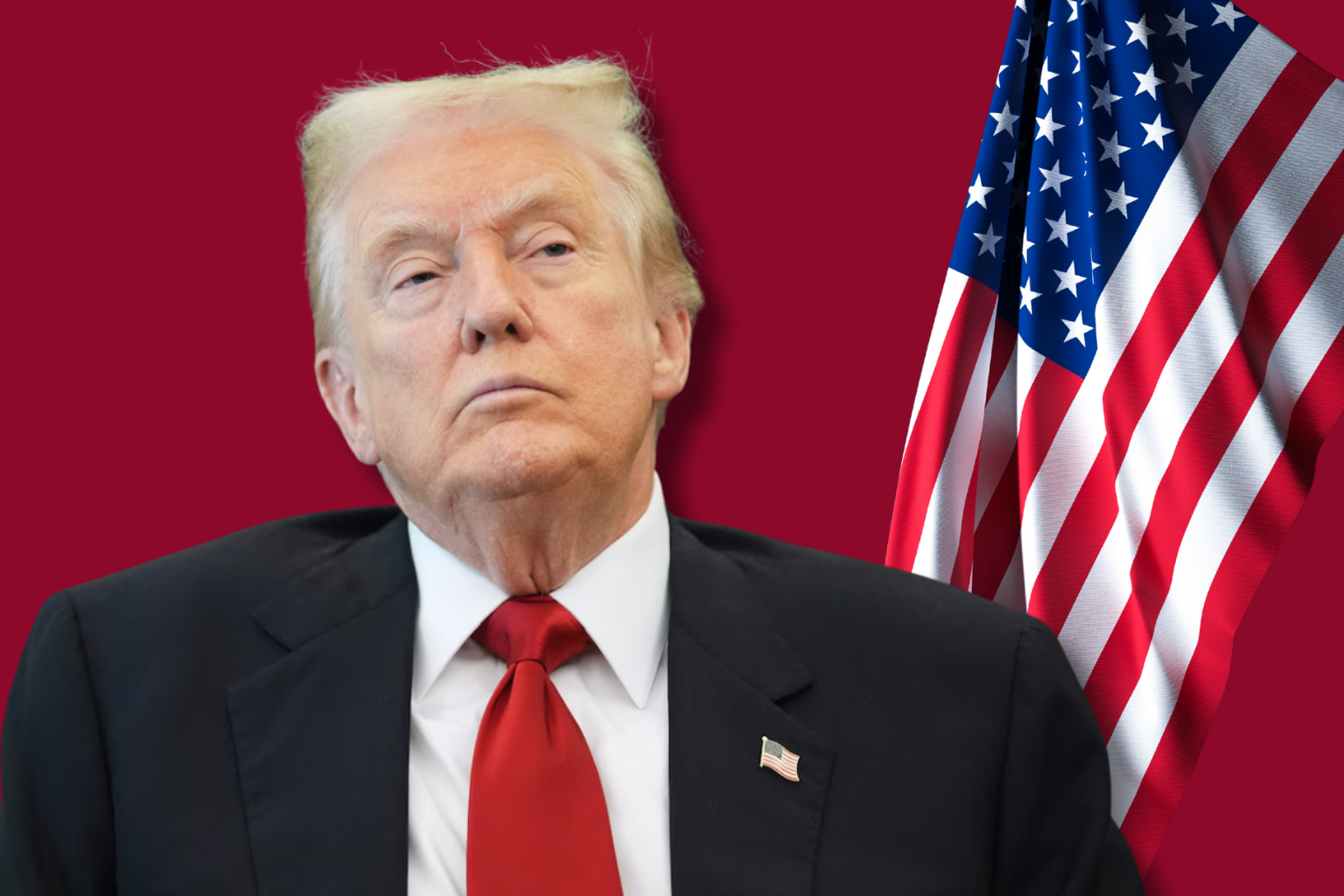White House frames Trump’s “I hate my opponents” remark as authenticity amid questions about tone and violence

Trump added, “I hate my opponent, and I don’t want the best for them” during a Charlie Kirk homage, putting the White House on the defensive. Senior officials say the president was “authentically himself.” The remark was made during a high-profile event on September 21, 2025, minutes after Kirk’s widow publicly pardoned the guy suspected of killing her husband, contrasting mercy with political animosity.
This conversation reveals public divide. Trump fans hailed his candor transparent and strategically beneficial, while skeptics said it damaged efforts to cool emotions after a political assassination and normalized ugly talk about opponents. White House press secretary Karoline Leavitt told reporters the president was “authentically himself” and acknowledged the memorial’s emotional atmosphere and mourners on stage. The administration said she tried to shift the conversation from tone to tribute and policy promises at the ceremony.
That frame contradicts Erika Kirk’s stage statement. She tearfully forgave the shooter and advised Christian love and forgiveness. Political observers who felt the monument could have unified the nation extensively highlighted her comments. Erika Kirk’s forgiveness was quickly juxtaposed with the president’s hatred of opponents in media and online discourse.
Observers said the memorial had extended beyond a private farewell. The Glendale, Arizona, State Farm Stadium service drew tens of thousands to hear religious and political speakers. According to some observers, prominent government officials and conservative leaders called Kirk’s death a personal tragedy and a political turning point, blurring the lines between sorrow and mobilization. That environment is why the White House chose authenticity over a rebuke or apology for the words’ tone.
Political speech and its impact were questioned by the controversy. In the days after the killing, the president and other speakers blasted radical left-wing rhetoric for creating a dangerous climate, but many observers and opponents emphasized that violent acts are not binary. Legal experts, civil society groups, and several journalists warned that harsh language could cause retaliation and fear, therefore public leaders must lower the temperature during national sorrow. White House claims that Americans embrace political authenticity even when it’s harsh spurs debate about political style and responsibility.
The monument inspired conservatives, demonstrated high officials’ dedication, and reaffirmed Kirk’s influence over young conservative activists. This created a counternarrative that a life celebration highlighted political, faith, and forgiving gaps. How leaders, parties, and media handle that tension in the coming days will effect political violence and civic norms debate and how future campaigns position “authenticity” against “accountability”.
Sources
Reuters
PBS
People
The Washington Post
The Daily Beast




